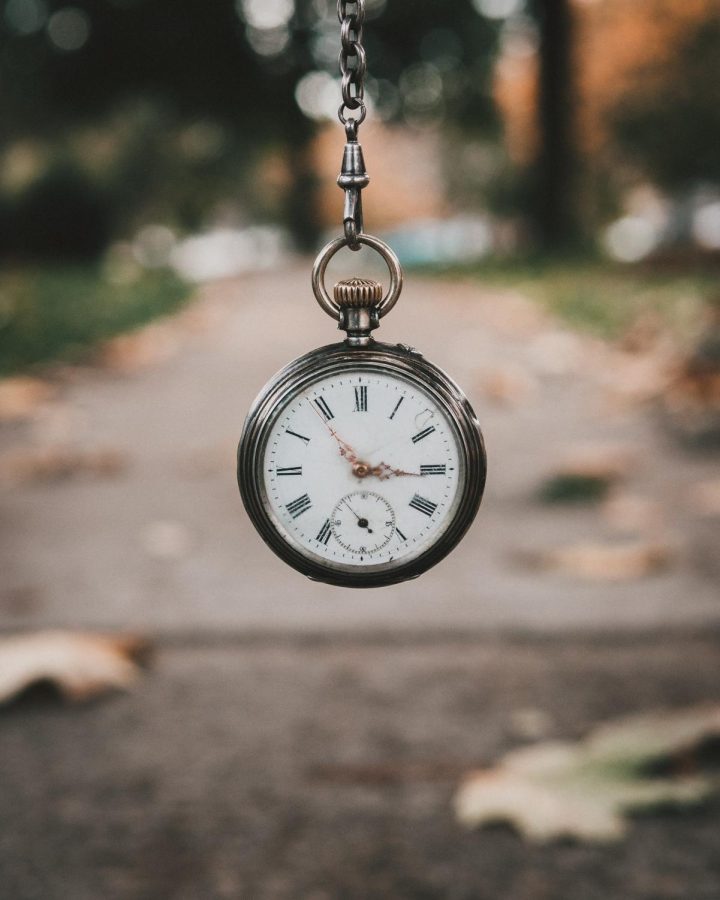Daylight Savings Time has come and gone again, which begs the question: why do we still have daylight savings? Although daylight savings intends to preserve energy and get more out of our natural sunlight, it has more negative effects than positives.
Daylight savings time has a strong negative impact on our sleeping patterns. The sudden shift in our internal circadian rhythm will cause us to get worse sleep and can result in sleeping disorders and health problems over time. The obvious detriments suggest we should do away with it, but Americans often wonder why it is still present.
Recently a bill known as the Sunshine Protection Act, which would make daylight savings permanent and completely stop this changing time, was reintroduced to the Senate by Mark Rubio on March 2nd, 2023. Mark Rubio explained, “This ritual of changing time twice a year is stupid. Locking the clock has overwhelming bipartisan and popular support. This Congress, I hope that we can finally get it done.” The bill had gone to the Senate multiple times but had never been voted on and thus died. The reintroduction of this bill means that the United States has a decent chance of passing the bill as support for this bill in the Senate was unanimous. This development in Congress means we finally might be doing away with something that is actively detrimental to the health of the people in our country.
With all the disdain for daylight savings in our country, why did we initially have it? Well, daylight savings originated in 1918 during the first World War to give more daylight to the soldiers and those transporting materials. This use for daylight savings was helpful, but daylight savings has long overstayed its welcome. I think the nation should move past this actively harmful event that occurs every year.
Resources:
















